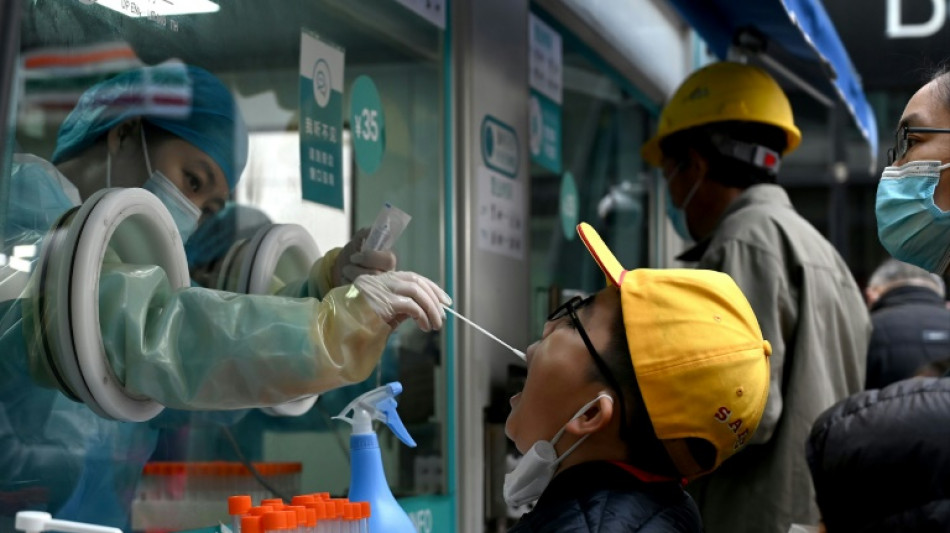
-
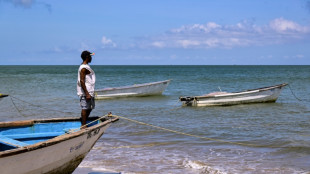 Caught between Venezuela and US, Trinidad fishermen fear the sea
Caught between Venezuela and US, Trinidad fishermen fear the sea
-
Latest NFL Chiefs-Bills duel has both chasing division leaders

-
 Sierra Leone chases rare repeat in Breeders' Cup Classic
Sierra Leone chases rare repeat in Breeders' Cup Classic
-
King Charles strips Andrew of royal titles, Windsor home

-
 Sales of 'services' help Apple beat earnings forecasts
Sales of 'services' help Apple beat earnings forecasts
-
Beyond words: '67' crowned 'Word of the Year'
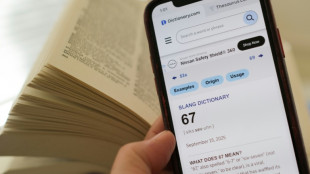
-
 Amazon shares surge as AI boom drives cloud growth
Amazon shares surge as AI boom drives cloud growth
-
Brazil boasts drop in deforestation ahead of UN climate talks
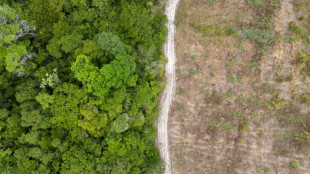
-
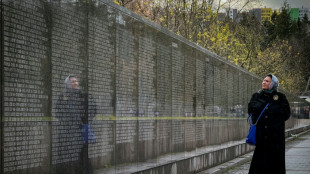 Russians marking Stalin's repression warn against return to past
Russians marking Stalin's repression warn against return to past
-
Stocks mostly fall as investors digest Trump-Xi talks, earnings
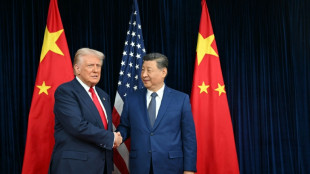
-
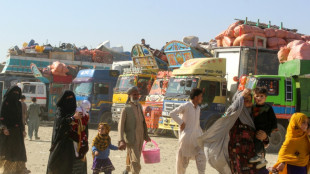 Turkey says Pakistan-Afghanistan talks to resume
Turkey says Pakistan-Afghanistan talks to resume
-
Record-breaking India upset Australia to reach World Cup final

-
 US to limit refugees to record low 7,500, mostly white South Africans
US to limit refugees to record low 7,500, mostly white South Africans
-
King Charles to strip Andrew of royal titles, residence: palace

-
 Sinner marches into Paris Masters quarters, Bublik downs Fritz
Sinner marches into Paris Masters quarters, Bublik downs Fritz
-
Devastated Caribbean assesses damage as hurricane eyes Bermuda
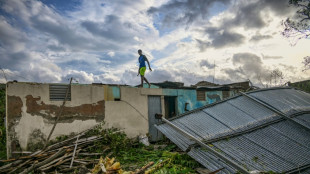
-
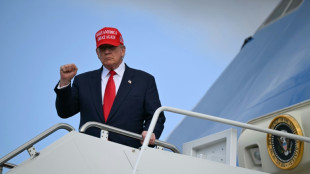 Trump stirs tensions with surprise nuclear test order
Trump stirs tensions with surprise nuclear test order
-
100 US local leaders will attend COP30 in 'show of force'
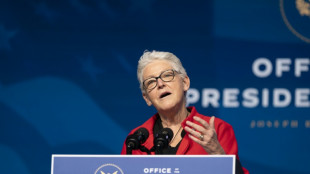
-
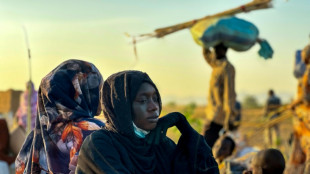 UN warns of 'atrocities,' 'horror' in Sudan as RSF advances
UN warns of 'atrocities,' 'horror' in Sudan as RSF advances
-
Rodrigues hits ton as India stun Australia to reach Women's World Cup final

-
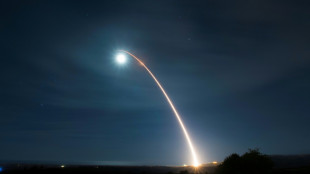 Trump's order on nuclear testing: what we know
Trump's order on nuclear testing: what we know
-
Spalletti returns to football with Juventus after Italy flop
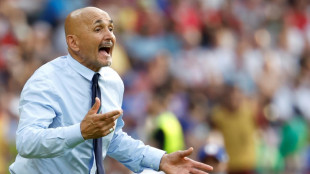
-
 Rodrigues hits ton as India chase 339 to stun Australia in World Cup semis
Rodrigues hits ton as India chase 339 to stun Australia in World Cup semis
-
Saudi chases AI ambitions with homegrown firm pitched to global investors
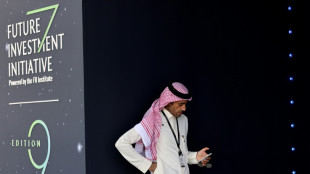
-
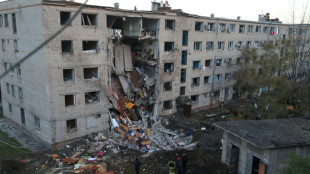 Russia batters Ukraine energy sites with deadly aerial strikes
Russia batters Ukraine energy sites with deadly aerial strikes
-
Stocks diverge as investors digest Trump-Xi talks, earnings
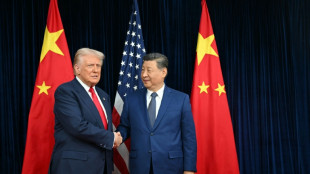
-
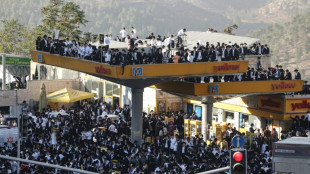 'Better to go to prison': Israeli ultra-Orthodox rally against army service
'Better to go to prison': Israeli ultra-Orthodox rally against army service
-
Bublik downs fourth seed Fritz to reach Paris Masters quarters

-
 UN climate fund posts record year as chief defends loans
UN climate fund posts record year as chief defends loans
-
Man Utd must ignore outside noise to go in 'right direction', says Wilcox

-
 G7 to launch 'alliance' countering China's critical mineral dominance
G7 to launch 'alliance' countering China's critical mineral dominance
-
Wallaby boss Schmidt wary of Ford's 'triple threat'

-
 Swedish hate-crime trial shines light on far-right 'fitness clubs'
Swedish hate-crime trial shines light on far-right 'fitness clubs'
-
Trump call for nuclear tests sows confusion
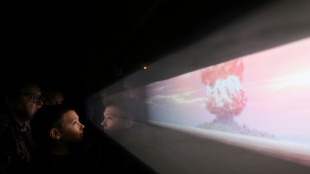
-
 Chinese EV giant BYD says Q3 profit down 33%
Chinese EV giant BYD says Q3 profit down 33%
-
ECB holds rates steady with eurozone more resilient
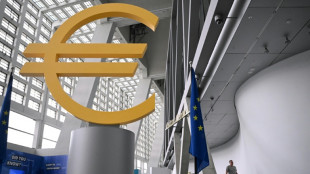
-
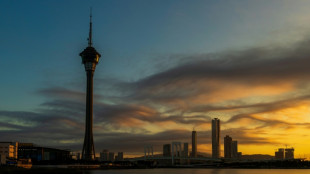 Independent Macau media outlet says it will close by December
Independent Macau media outlet says it will close by December
-
Shares in Jeep-maker Stellantis slump despite rising sales

-
 Shelton beats Rublev to reach Paris Masters last eight
Shelton beats Rublev to reach Paris Masters last eight
-
Trump stirs tensions with surprise order to test nuclear weapons
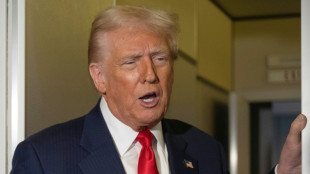
-
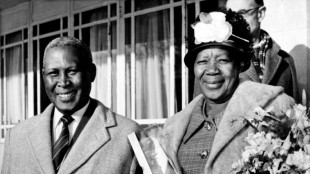 S.Africa court rules ANC leader Luthuli was killed in apartheid 'assault'
S.Africa court rules ANC leader Luthuli was killed in apartheid 'assault'
-
Stocks slide as investors digest Trump-Xi talks, earnings
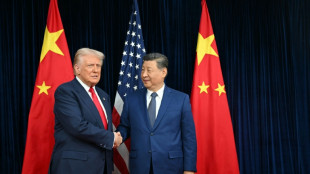
-
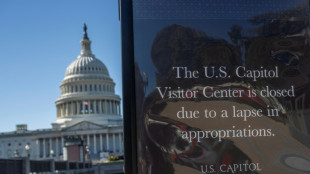 No GDP data released as US shutdown bites
No GDP data released as US shutdown bites
-
PSG's injured Doue to miss Bayern match, out for several weeks
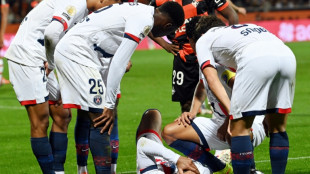
-
 Litchfield ton guides Australia to 338 in World Cup semis
Litchfield ton guides Australia to 338 in World Cup semis
-
S.Africa court rules ANC leader Luthuli killed in apartheid 'assault'
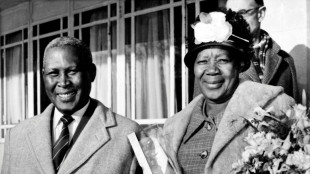
-
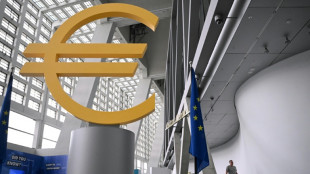 With inflation under control, ECB holds rates steady again
With inflation under control, ECB holds rates steady again
-
Nigerian designer embraces 'clashes' and 'chaos' at Lagos Fashion Week

-
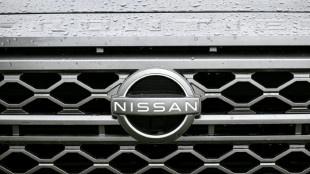 Nissan says expects $1.8 bn operational loss in 2025-26
Nissan says expects $1.8 bn operational loss in 2025-26
-
Italy court stalls Sicily bridge, triggers PM fury
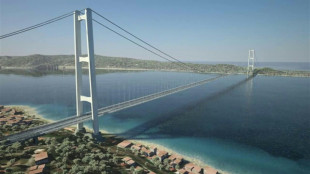

As virus cases surge, can China's zero-Covid strategy hold?
China, the country where the coronavirus was first detected in 2019, is among the last remaining devotees to a zero-Covid approach to the pandemic.
But after two years of virtually closed borders, mass testing, targeted lockdowns and quarantines, the strategy is being stress-tested like never before as cases surge across the country.
With millions currently under lockdown, can China's approach hold out against the march of the Omicron variant?
What is zero-Covid?
China essentially closed itself off from the world in March 2020 to follow a formula it calls "dynamic zero" for curbing outbreaks: strict lockdowns and immediate mass testing.
Unlike during softer lockdowns elsewhere, people in China can be banned from leaving their building or forced to remain inside a hotel room if they are considered high-risk contacts.
Mandatory track-and-trace apps mean close contacts are usually detected and quarantined quickly.
Shops, schools, tourist sites, office blocks and malls have been summarily locked down with people inside after the detection of a single close contact.
Officials are routinely dismissed or castigated in state media for outbreaks in their areas. That puts the onus on local authorities to move fast and hard on any clusters.
Residents are forced to stay at home at a moment's notice, including the 17 million people of Shenzhen who were locked down on Sunday.
International flight volumes have also collapsed, with the limited arrivals undergoing strict weeks-long quarantine.
The government has said it will not renew expiring Chinese passports unless the holder has a good reason for travel -- shredding outbound demand for travel.
Why has China held on?
China's caseload since the start of the pandemic -- just over 115,000 -- is a fraction of those recorded elsewhere.
The official death toll has stayed under 5,000.
Although cases from the chaotic initial outbreak in Wuhan in early 2020 are widely believed to have been under-reported, life since then has largely returned to normal.
Beijing's communist leadership has made its handling of the pandemic a matter of political capital, saying the low death rate demonstrates the strength of its governance model.
It has highlighted chaotic Covid responses in the US as an example of the wider failures of liberal democracies. Analysts warn any change in strategy will also need to shift perceptions of the virus among the masses in China.
Loosening virus restrictions could also prove risky for President Xi Jinping as he seeks a third term in October after billing himself as the leader who keeps China safe.
What is the impact?
Zero-Covid comes at a cost, both human and economic.
It has caused repeated disruption, particularly in port cities and border areas that endure almost constant lockdowns.
Analysts say repeated shutdowns of factories and businesses have contributed to the slowing economy.
And there has been a grinding impact on ordinary lives.
Locked-down communities have complained of poor access to food, supplies and medical treatment.
The distressing case of a pregnant Chinese woman miscarrying after a strict lockdown delayed her access to medical treatment reignited debate over the limits of China's zero-tolerance approach.
Meanwhile, migrant workers have been left stranded from families for months due to onerous travel rules and restrictions.
Examples of extreme enforcement have sparked outrage, such as when health workers beat a corgi to death after the owners were sent to quarantine.
Can it be maintained?
A top Chinese scientist said this month that the country should aim to coexist with the virus. Meanwhile, the government announced it was introducing rapid antigen tests for the first time, which would allow at-home testing -- a potential loosening of the state's hold on the health crisis.
However, there are concerns over the capacity of the country's healthcare system and the efficacy of domestic vaccines.
Peking University researchers have warned China could suffer a "colossal outbreak" that would overwhelm its medical system if it relaxed restrictions to a similar level as in Europe and the US.
And officials are anxiously watching the experience of Hong Kong, where hospitals have struggled in a recent outbreak.
The city currently has one of the world's highest death rates from the virus, as the Omicron variant cuts through its elderly population, among whom vaccine hesitancy is common.
T.Bondarenko--BTB




